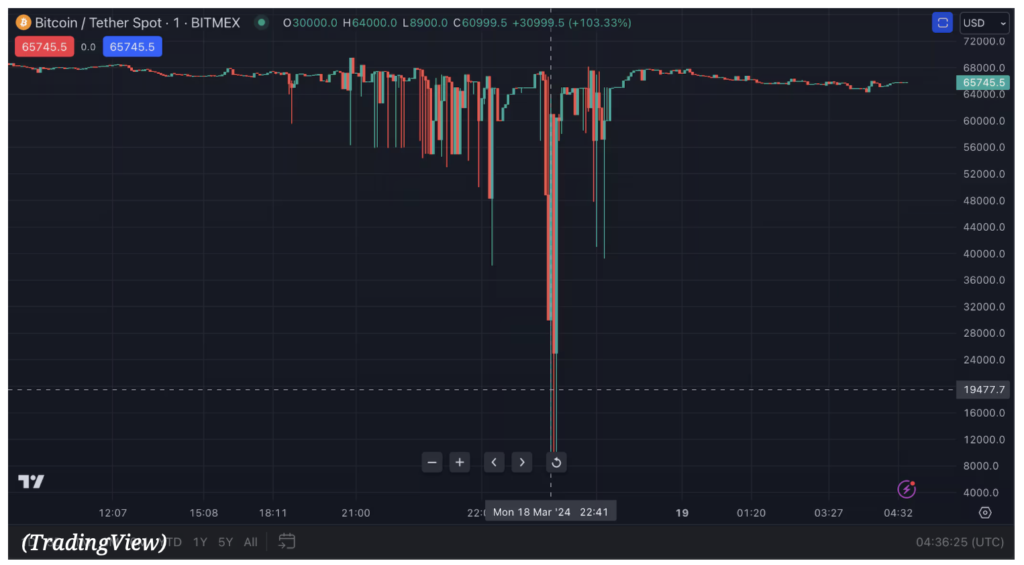Banking behemoth JPMorgan recently issued a major warning about bitcoin, saying demand for spot-based exchange-traded funds tied to the second-largest cryptocurrency has been greatly exaggerated.
JPMorgan notes that not all the inflows are genuinely new capital from institutional investors. In fact, a large majority of the outflows have come from exchange-hosted bitcoin wallets.
The best way to get exposure to bitcoin these days is to use bitcoin ETFs, which are more affordable, offer regulatory protection, and have more liquidity.
Particularly following the introduction of the spot ETF, exchanges saw a significant drop in their Bitcoin reserves.
In a major blow to the popular positive narrative about large institutional demand, JPMorgan has said that the vast majority of the $25 billion worth of ETF inflows seen since their trading debut in January actually represents a shift from existing digital wallets.
The financial behemoth has calculated that bitcoin ETFs currently have net inflows of around $12 billion.
According to JPMorgan, the price of bitcoin is higher than the cost of producing the most popular cryptocurrency. The financial giant does not expect significant investments in the coming months.
Bitcoin ETFs had withdrawals of $244 million on Thursday. The biggest cryptocurrency is still trading below $67,000.
Not anything fresh
Renowned analyst James Seyffart pointed out that it has long been known that part of the flow is simply recycled bitcoin. “To be reasonable, since its beginning, this broad appraisal has been basically acknowledged and known,” he said. Seyffart also questions the accuracy of JPMorgan’s data, as it seems to indicate an excessively high percentage of recycled coins.
Bloomberg senior ETF analyst Eric Balchunas forecasts that JPMorgan’s anti-ETF views won’t hold up over time. “They haven’t really moved forward in terms of the idea here. Ultimately, though, the call betting against ETFs (regardless of category) may not hold up over time, according to Balchunas’ social media post.
